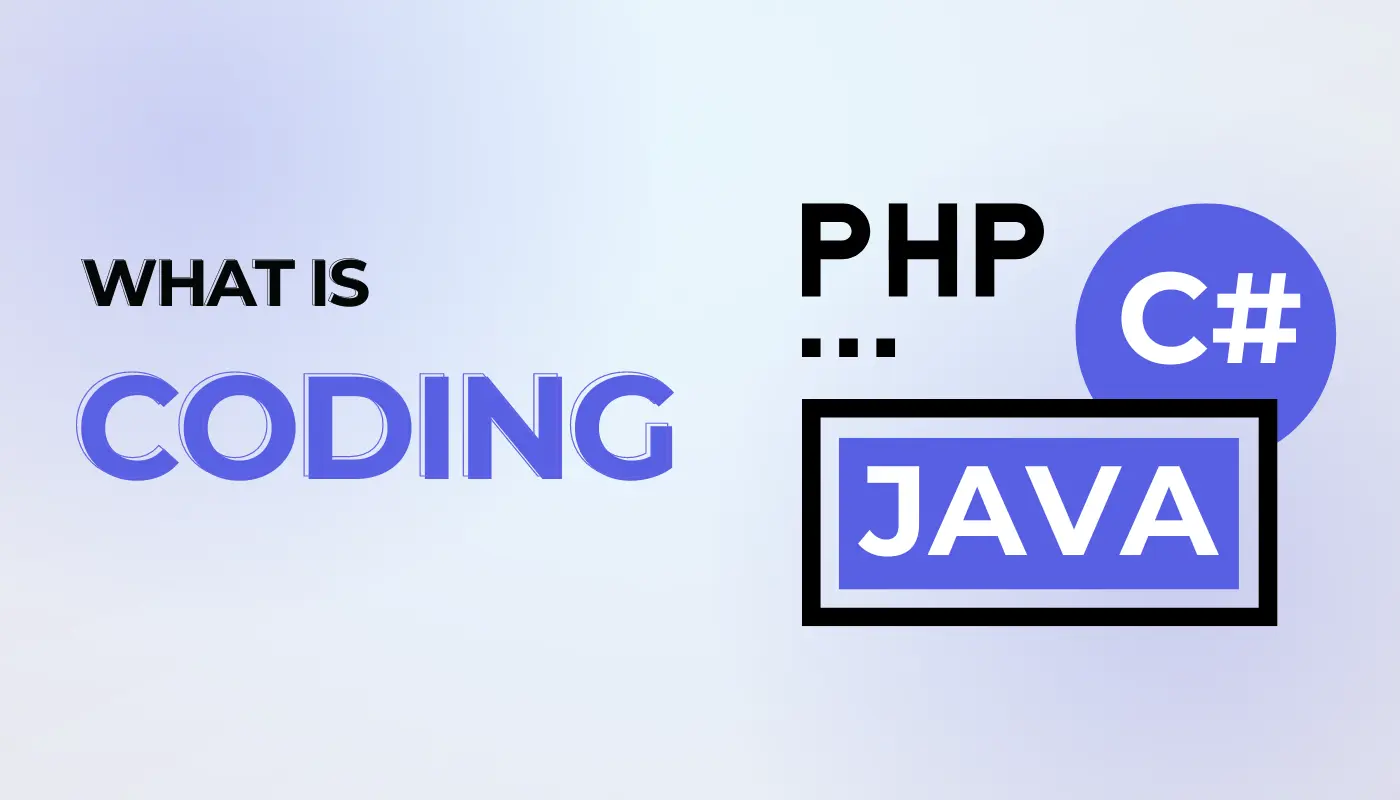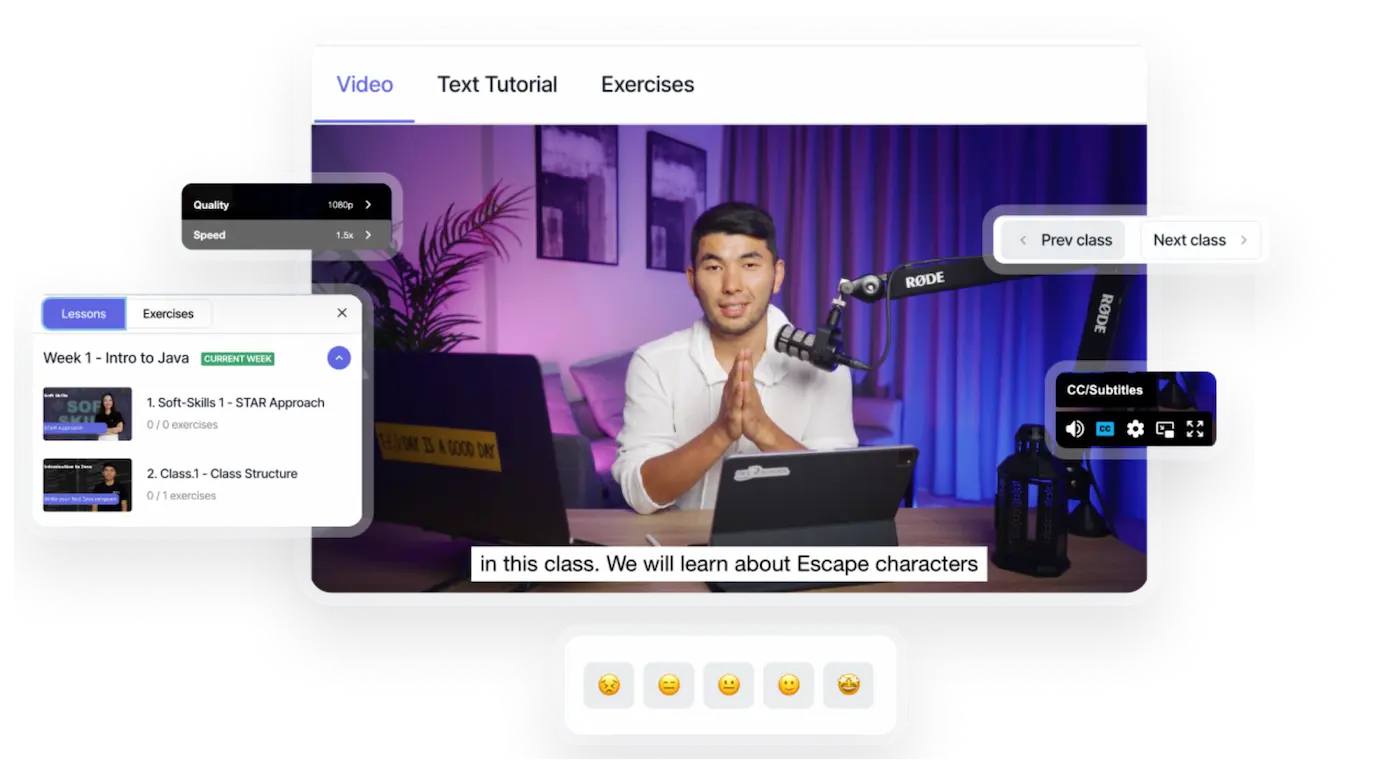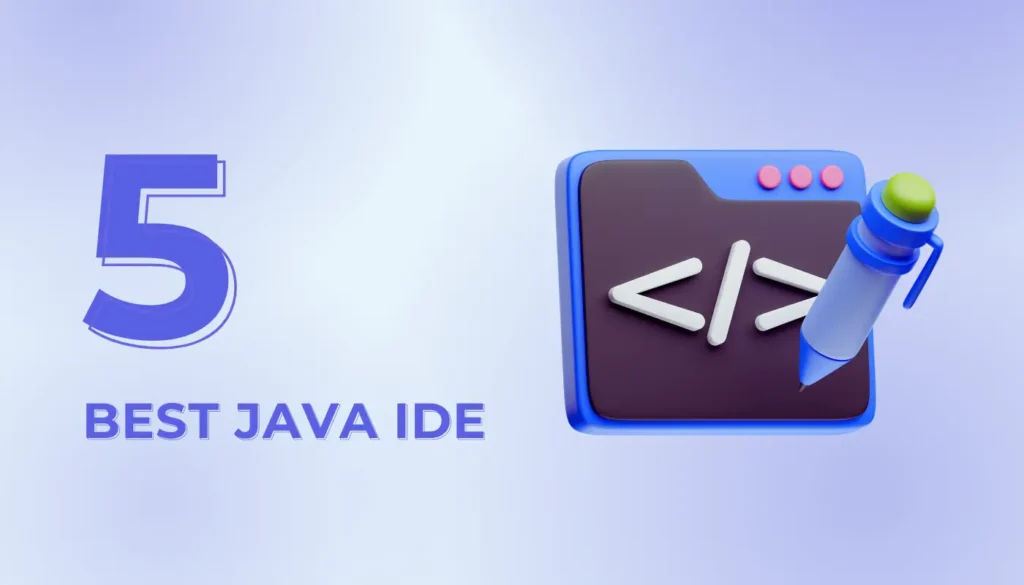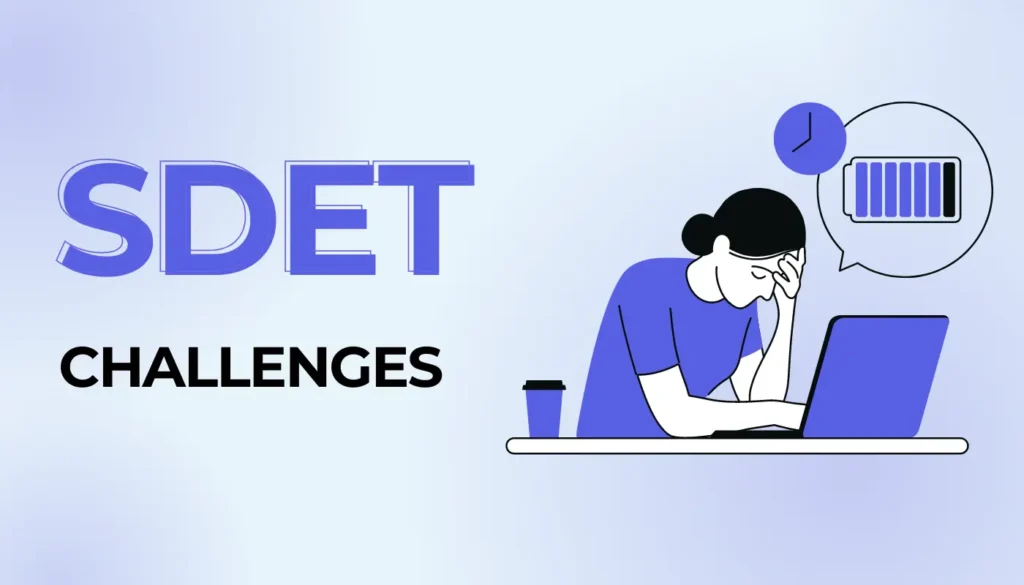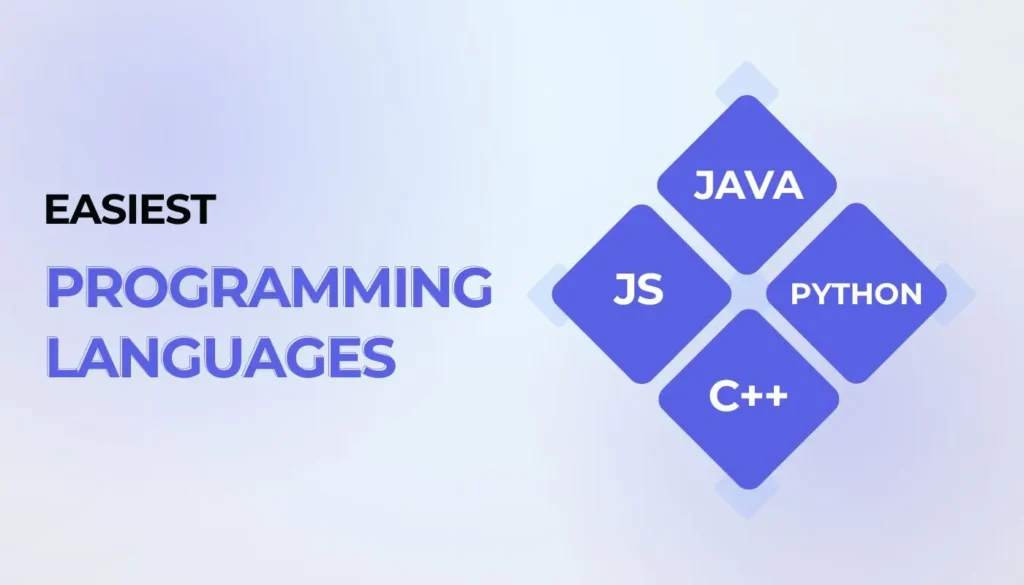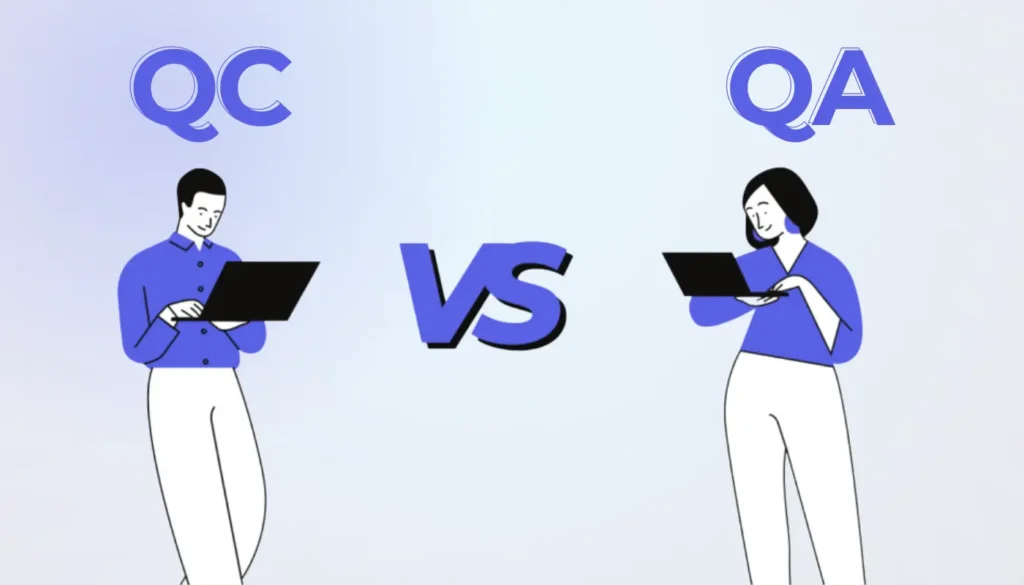Coding is the bridge between human ideas and what a computer can do. Coding is the technique of creating instructions that a computer can understand and follow to solve problems. These instructions, written in a specific programming language, are like a recipe that tells the computer what to do step-by-step.
Breakdown of the definition:
- Creating instructions: Coding involves breaking down a problem or desired outcome into clear, logical steps.
- For a computer: These instructions are written in a language that computers can interpret, not natural language like English.
- Programming language: There are many different programming languages, each with its own syntax and rules. Popular examples include Python, JavaScript, and Java.
Coding is the process of writing instructions in a language understood by computers. It is a fundamental skill that empowers individuals to create and manipulate technology with comprehensive coding knowledge, we can build powerful websites, apps, and games, along with software that automates tasks and unlocks endless possibilities in the world of technology. Indeed, coding enables us to develop innovative solutions, gain job readiness, and thrive in the digital age.
According to research, 58% of jobs in today’s digital industry require coding skills. There are over 22 million seasoned software developers around the globe. This shows the importance of coding, right? Let us provide you with useful insights about coding, making it clearer for you to grasp what it is and whether you should opt for it or not. We’ll also help you choose the right path to learn coding if this is suitable for you. Rest assured that our discussion is backed by a variety of reputable resources and real-time audience responses about coding.
What is Coding?
Coding is a process in which we use a programming language to write instructions that a computer can understand and execute. These instructions are known as code. Software developers use the code to create software applications, and scripts, or to control hardware and devices.
Coding enables human ideas and intentions to be translated into digital actions that computers can perform. It lets us develop websites, mobile apps, video games, and systems software. It involves various tasks such as writing, testing, debugging, and maintaining the source code of computer programs.
It is worth noting that the goal of coding is to solve problems or perform specific tasks by designing algorithms and implementing them through a programming language.
Now, if you are thinking about how code looks like, then note that code can vary significantly in appearance based on the programming language being used. That’s because each language has its syntax and rules.
Let us show you a basic program that calculates the sum of two numbers and prints the result:
# This is a comment in Python. It explains what the code does.
# Define two variables with numbers
number1 = 5
number2 = 10
# Calculate the sum of number1 and number2
sum = number1 + number2
# Print the result to the console
print("The sum of", number1, "and", number2, "is:", sum)
- The lines starting with # are comments, intended to explain what the code does. They are not executed by the computer.
- number1 and number2 are variables, which are used to store values (in this case, the numbers 5 and 10).
- sum = number1 + number2 is an expression that calculates the sum of the values of number1 and number2 and assigns it to the variable sum.
- print(“The sum of”, number1, “and”, number2, “is:”, sum) is a function call that outputs the calculated sum to the console (or screen), along with a message.
Is Coding a Useful Skill?
Yes. Coding is a useful skill in terms of career scope, earnings, and work flexibility. Nearly every industry, from healthcare to finance, education, and entertainment, is becoming tech-driven. That’s because coding skills are important for developing and managing the tools that empower these industries at every step of the way.
This technological integration indicates that coding is not just for software developers anymore. It is, in fact, essential for professionals across diverse fields to have at least a basic understanding of coding to interact with digital tools and solutions effectively. That’s right.
Just imagine what you can do if you learn coding skills. It can allow you to build your apps or games and make interactive websites. You can use coding skills to be able to assist doctors manage patient information more efficiently, develop software that makes cars drive themselves, analyze data to find interesting patterns, and even work on projects that let people shop online easily. You can fix problems with the technology we use every day, land a high-paying job, and work virtually from anywhere.
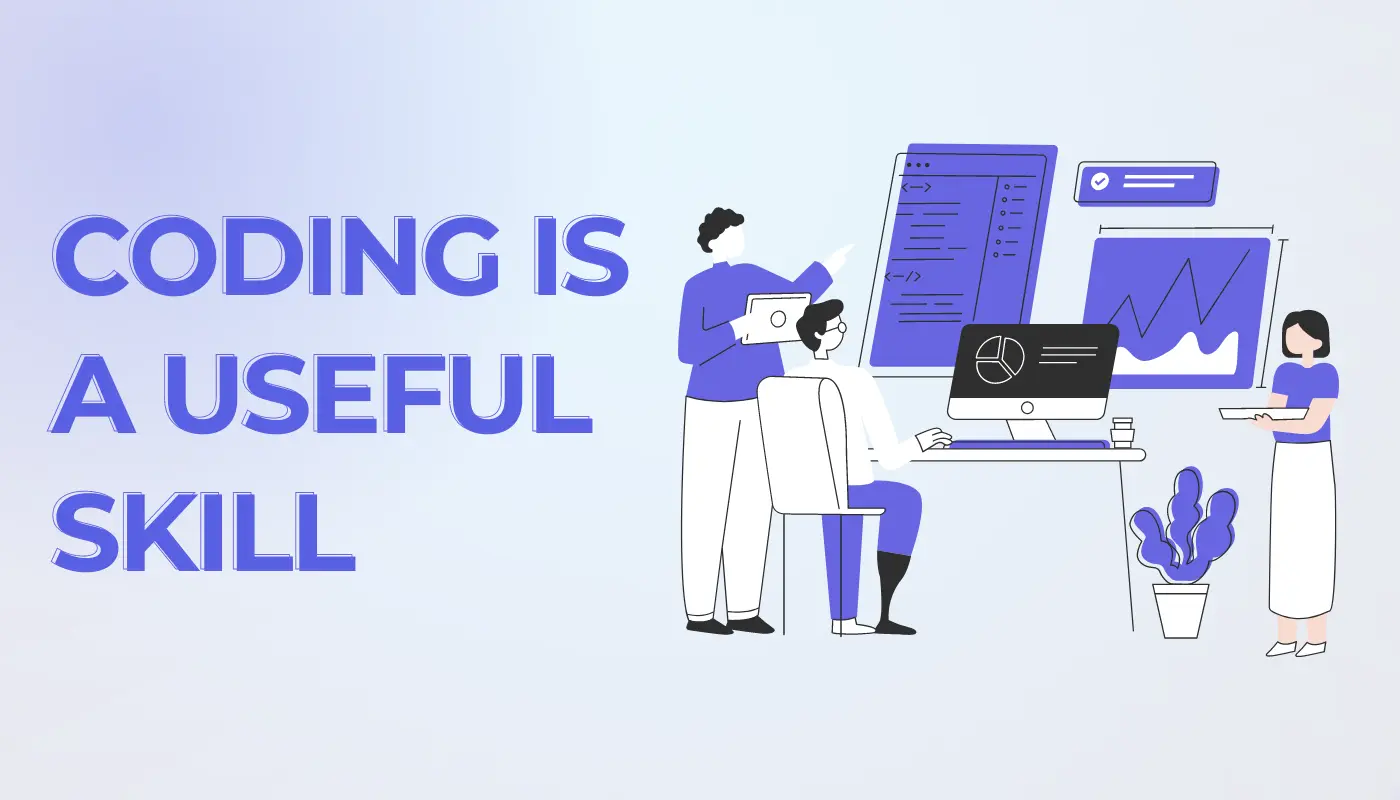
Don't know where to start your tech career?
We are here for you! Schedule a free call with our consultant for personalized advice on achieving your learning goals
How Long Does it Take to Learn Coding?
According to the HackerRank 2020 Developer Skills survey, it takes about 10 weeks of intensive study to learn enough coding to apply for entry-level programming jobs. On the other hand, according to the freeCodeCamp 2020 Survey, the average participant reported that it took them roughly 11 months to complete their coding training to the point where they felt ready to pursue job opportunities in the field.
Well, we have thoroughly researched a variety of reputable resources to help you grasp how long does it take to learn coding:
- Individuals can gain a basic understanding of coding after dedicating 5-10 hours a week for several months to a year. This timeframe is typical for hobbyists or professionals looking to add coding to their skillset without a rush.
- It is possible to see significant progress in coding within 3 to 6 months if you spend 40 hours per week. Bootcamp students or individuals making a career change takes up this much time.
- Intensive coding bootcamps are designed to make beginners job-ready within 3 to 6 months.
- It typically takes 4 years to earn a formal degree in computer science. This option takes the longest, but it provides a more comprehensive education than coding alone.
- HTML, CSS, and Python have straightforward syntax and it takes a few weeks to a few months to learn the basics of these languages.
- Languages like C++, Java, or full-stack development involve more complex concepts and it may require a longer commitment to learn any of them.
- The time to learn coding can be significantly reduced if it is goal-oriented. For instance, you can learn enough Python to build a simple web scraper within a month or two.
Now, keep in mind that professional software developers must have a thorough understanding of all aspects of programming. This can take anywhere from 6 months to several years of dedicated learning and practice.
Can Anyone Learn Coding?
- It is necessary to think logically and solve problems when coding. Not everyone excels in abstract thinking or complex math, such as understanding recursion or using binary trees.
- The open-ended nature of coding (like starting a project from scratch) can be quite difficult if the learner struggles with self-directed learning.
- It takes a lot of passion and motivation to code. If learners lack a genuine interest, the early phases can quickly demotivate them.
- Time and resource limitations may make it difficult for learners to maintain consistent progress, especially if structured programs are not cost-effective.
- Learners from non-technical or unrelated fields like English may find coding more challenging and take longer to become proficient.
- Stereotypical views of “coding geniuses” can easily intimidate and discourage potential learners, especially if they are not from the traditional tech fields.
Why You Should Choose Coding as a Career?
Coding is a lucrative and rewarding career, but it’s important to acknowledge that not everyone is cut out for it. If this is your cup of tea, then learn it and be prepared to establish your career. Yes, coding can be the most fulfilling career path if you are best at “solving intricate problems, utilizing technology, and bringing ideas to life”.
Let’s briefly discuss why you should choose coding as a career:
High Demand, High Pay
The U.S. Bureau of Labor Statistics projects that employment in computer and information technology occupations is expected to grow 11% from 2019 to 2029. This means that software developers are in demand, with a 22% growth rate projected over the next decade.
In fact, major tech companies like Google, Apple, and Microsoft consistently offer competitive salaries to attract skilled coders. For instance, an entry-level software engineer at Google can earn over $100,000 annually.
